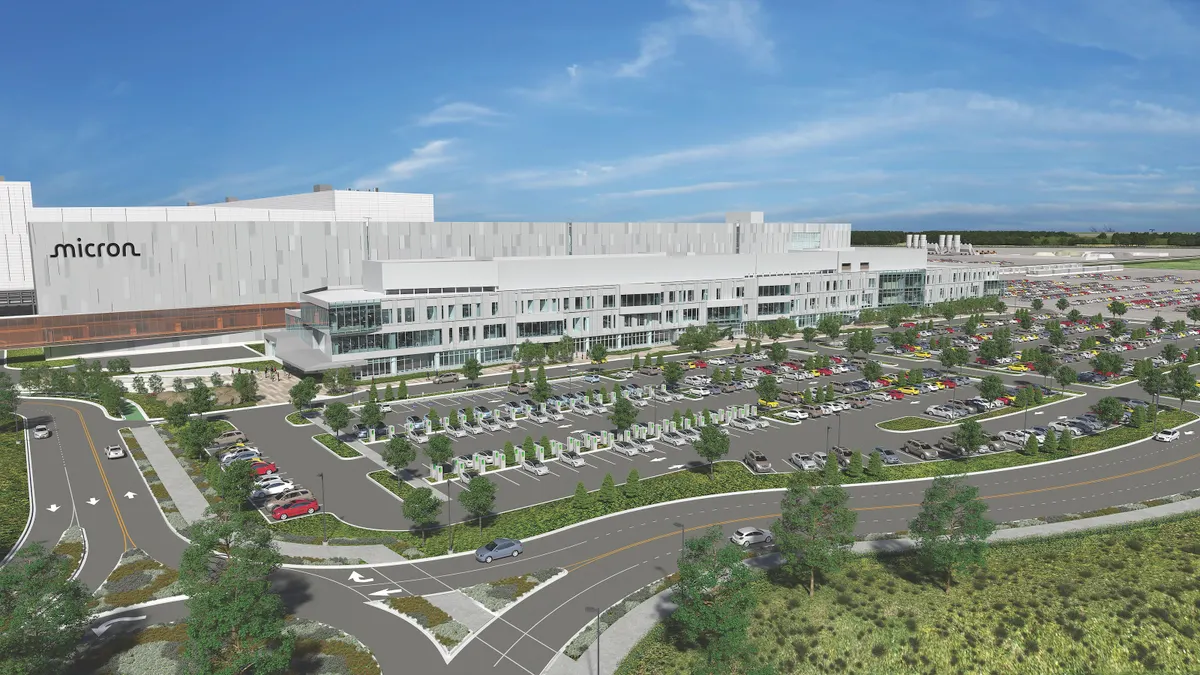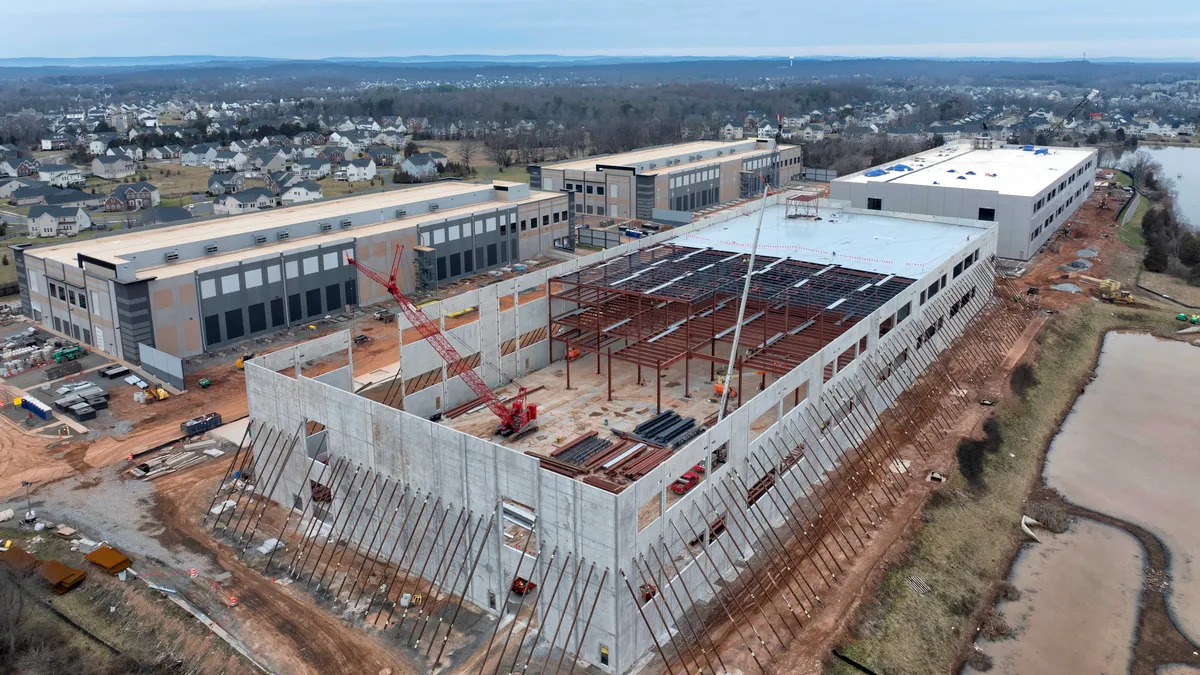Dive Brief:
- PCL Construction announced last week that its former division PCL Solar is now a subsidiary, a move it hopes will advance its expansion in the solar construction space.
- PCL Solar General Manager Andrew Moles told Construction Dive that the growth of the solar business, which earned over $500 million in revenue in 2021, benefited from the COVID-19-related slowdown across PCL’s other sectors. The firm leveraged resources across these groups to bolster its solar division’s progress.
- With U.S. headquarters in Denver, the company now has solar operations in three countries — the U.S., Canada and Australia — and nearly doubled its headcount from 2020 to 2021, going from 119 employees to 214 workers. Moles said that the company’s goal, however, was to “grow responsibly” and not take on more than it could handle.
Dive Insight:
PCL Solar has several large projects in progress throughout North America:
- Rayos Del Sol: A $161.7 million, 239-megawatt photovoltaic power station in Cameron County, Texas.
- Crooked Lake: A $200 million-plus, 241-megawatt solar farm on more than 1,700 acres in Blytheville, Arkansas.
- Travers Solar: A $700 million, 692-megawatt solar farm located in Vulcan County, Alberta. It’s the largest solar project in Canada.
PCL Solar’s growth was in part enabled by anticipation of higher demand for solar work due to the passage of the Inflation Reduction Act in August. The IRA contains $369 billion for climate and energy initiatives, and Moles said that while the legislation wouldn’t “enable” a business, it will foster a much more sustainable and predictable market for PCL Solar to work in.
Moles said that at a conference he attended recently, every major investor remarked on how nice it was to set up a 10-year plan in the U.S. for solar projects, without fear of losing key tax credits and not knowing if certain initiatives would be renewed or extended.
“There were a lot of question marks, and now there’s a lot more certainty about the future,” Moles said.
The solar operations will include offices in the United States, Canada and Australia, and will be responsible for estimating, design, performance analytics, solar-specific technology, project execution and in-house commissioning. PCL will self-perform 75% of the work on solar projects to gain greater control over project schedules and cost, the release said.
Significant risk
Solar construction is especially vulnerable to uncertainty. Moles said that solar contracts pass much more risk onto the contractor than a standard commercial building project does because materials prices and labor issues are compounded for such specialized work. COVID-19-related supply chain havoc has made predicting prices incredibly difficult, and Moles said costs could change dramatically months after a contract is signed.
PCL is dependent on a traveling workforce to get projects going in areas where it hasn’t built before, and typically hires local labor to help with the rest of the project.
“Sometimes the local talent you'll find is fantastic, and they do a really great job of meeting your productivity expectations. And other times, you'll find that they don't,” Moles said.
The remedy? Plan ahead and ask “what if.”
“It’s always easiest to build a contingency plan when you’re not living it day to day,” Moles said.















